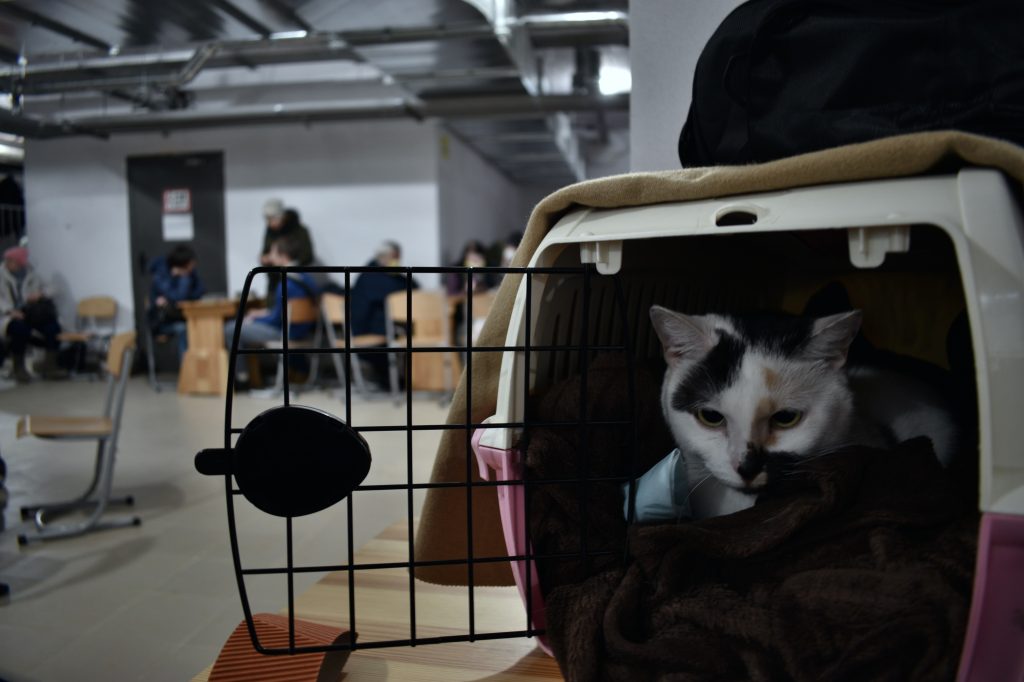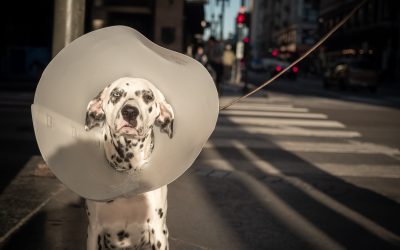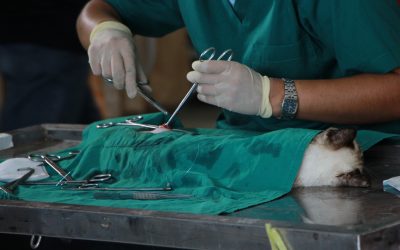What Does Responsible Pet Ownership Mean?
Introduction: Defining responsible pet ownership
Responsible pet ownership is a discussion that can come up at any time. Keeping pets as pets, or having them as exotic pets, can be an important one for anyone who has chosen to take on the responsibility of a pet. For those who have not yet made their choice, there are some things to consider before making it. What does responsible pet ownership mean? A common question and one that many people have to answer before they bring home their new pet. Responsible pet ownership means taking care of a pet the right way, and for various reasons, the pet owner must know how to answer this question so that they do not make the wrong decision. Here are some helpful hints on responsible pet ownership and its importance.
The first step to establishing responsible pet ownership is on what type of pet is more suitable for the owner. One of the easiest ways to determine this is by understanding what kind of pet the future owner wants. For example, if you’re considering a dog as your new pet, find out which breed best suits you and what kind of life they have. Once you know the type of pet you want, it’s time to ensure that it will fit your lifestyle well. The pet owner should be able to answer questions like: “What does your time availability look like?” for example, or “Do you have enough space for the animal?” If these questions are answered appropriately before bringing home a new puppy or kitten, it will be much easier for everyone in the long run. Before bringing home a new puppy or kitten, they must ensure that the pet suits their family. Whether a pet owner is looking to get home a cat or a dog, there are some things that they need to consider before deciding to buy. : “Is It a Good Fit for Your Family?” It will be their home permanently by choosing to bring home a dog or cat. That is a big responsibility and one that should not be taken lightly.
Here are some things to consider before taking the plunge:
1. “Can you afford a pet?”
One of the first questions one should ask himself before getting a pet is whether they can afford one. It does not just mean covering the initial costs of adoption or purchase but also providing for the pet’s ongoing needs like food, vet care, and other supplies.
There are still ways to be a responsible pet owner if on a tight budget. For example, one might consider adopting an older pet from a shelter, which typically costs less than getting a kitten or puppy. Many affordable pet food brands and other supplies are also available at big box stores and online.
Ultimately, responsible pet ownership means giving the pet the best possible life – including providing for their basic needs. Pets come with plenty of expenses, from food and toys to vet bills and grooming costs. If someone is struggling financially, they better wait on adopting a pet. (Read more on how much your pet might cost you)
2. “Do you have the time for a pet?”
Pets need plenty of attention, exercise, and playtime. Adding a pet to the mix may not be the best idea for someone whose schedule is already packed. It is essential to ensure a pet is properly cared for and gets an appropriate exercise routine. Taking them on walks, playing with them at home, or engaging in other activities will help keep them physically and mentally healthy. The next step is ensuring they are rewarded for their work by providing them with food and water. Proper nutrition and socialisation are just as important as regular exercise, and both have to be provided in a way that they feel fulfilled.
3. “Do you have enough space for a pet?”
Pets need plenty of room to run around and explore. Living in a small apartment or home is already filled with a lot of clutter, so bringing home a pet may not be the best option. Also, if renting a house, the landlord’s permission to have a pet on their property is essential.
4. “Do you have the time to train your pet?”
Pets need to be taught basic commands and house rules. If you don’t have the patience or time to do this, it’s best to wait until you do. Proper training is one of the most important things a pet needs. Without proper training, the newly adopted little friend will quickly become a nuisance at home. It is not unusual for pets to get out and explore their surroundings, which can lead to them getting lost or injured. Proper training will help the pet know how to behave in certain situations, such as when guests come over. In other words, adequate training will teach the pet what is acceptable and what is not. Taking responsibility for caring for another living being guarantees that the owner is doing everything necessary to care for the said animal properly. This means taking care of the pet properly and ensuring they know what is and isn’t acceptable behaviour.
5. “Are you prepared for a pet that might die?”
Losing a pet is hard, no matter the circumstances. Nevertheless, a person needs to be prepared for their death. Bringing home a new pet makes it natural to want to give them the best life possible. But part of responsible pet ownership is being prepared for the possibility that the pet might not live a long life. There are a few things that could be done to prepare for this eventuality:
- Ensuring a good relationship with the local veterinarian and comfortably discussing tough topics like end-of-life care. (Read more on Pet supports for Ukrainian refugees)
- Leaning the signs that a pet is nearing the end of its life and deciding on when to euthanise them.
- Have a financial plan or insurance if the pet needs expensive medical treatment or euthanasia.
The importance of spaying and neutering your pet
The most important thing to consider regarding responsible pet ownership is spaying or neutering your pet. Your pet must be fixed before their first heat cycle, so they don’t get into much trouble. It’s also essential for them to be set because of the health benefits it provides, not just for your pet but for the pet you might bring in the future. If you think you might have a litter of puppies coming soon, then it’s essential to ensure they are spayed and neutered. This will make the process easier on you and prevent a lot of medical problems down the line. (Read why it’s spaying is suitable for your pet)
Vaccinations and routine vet check-ups
Your pet must be up to date on its vaccinations. Not only will this lower the chances of it getting sick, but it ensures that you complete all the necessary steps to keep your pet healthy and happy. Additionally, regular vet check-ups ensure that your pet remains healthy and comfortable in the future. Another thing to consider before bringing home a new animal is how much time you want to commit to caring for it. Responsible owners ensure their pets have everything they need for long and happy life, including providing food, housing, toys, and exercise opportunities. A responsible owner also ensures their pet gets adequate mental stimulation by taking walks or playing with interactive toys that help keep their brain active. It would help if you also reviewed primary care with your veterinarian before adding anything new to your pet’s diet or routine. This helps avoid any unnecessary health problems caused by poor feeding habits or lack of exercise and potential complications from any medications prescribed by the vet. (Read the latest trends on Pet care)
Conclusion
Responsible pet ownership is not just about giving your pet the best care. It is also about being mindful of how much you can give your pet. For example, if you are a busy working professional who is always on the move, it would be wise to consider getting a smaller dog breed. Small dogs do not need as much exercise and attention as larger breeds. It is also essential to take into account your working hours.



